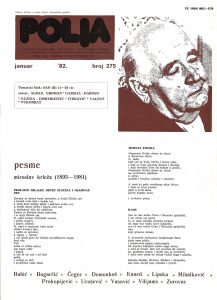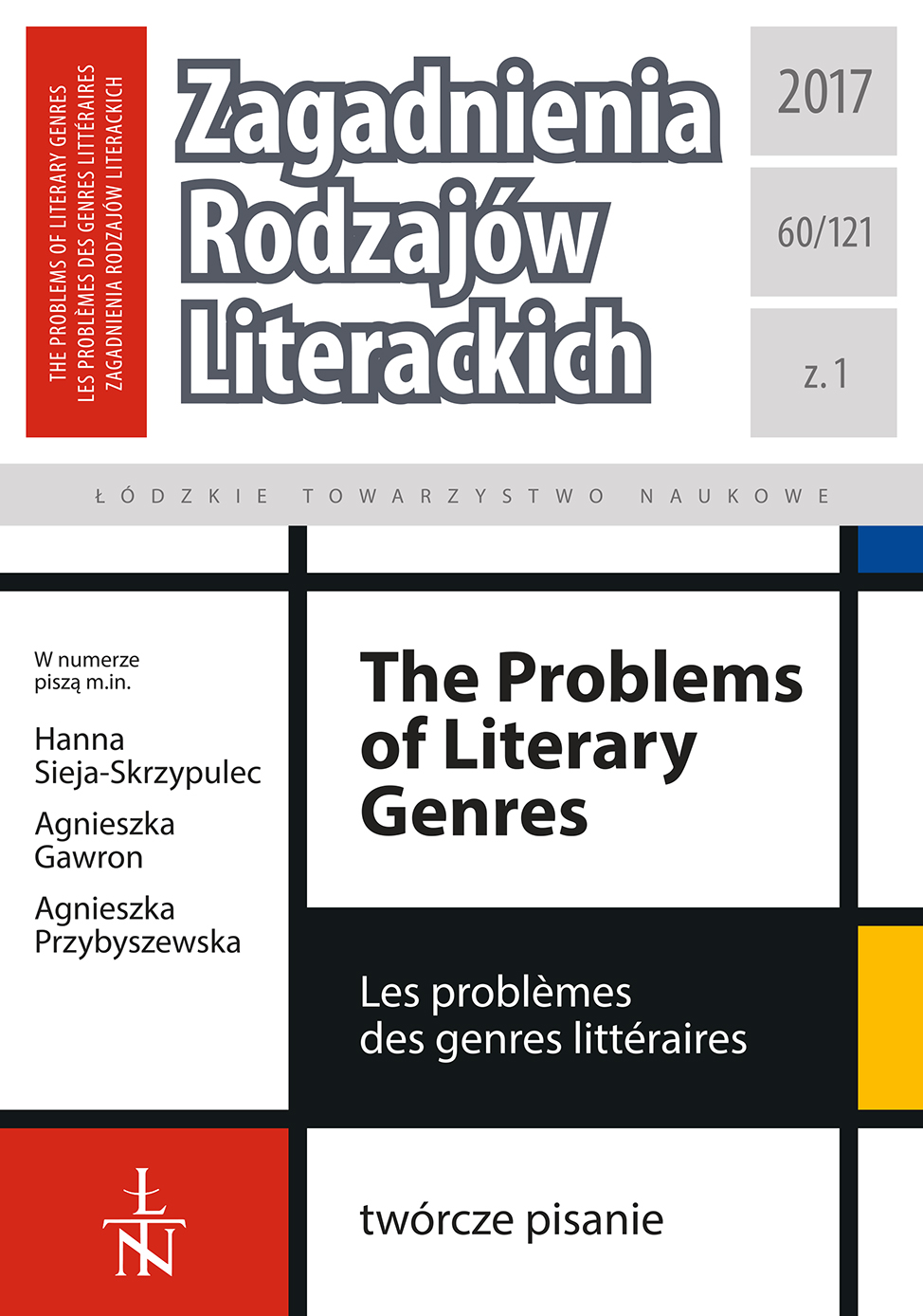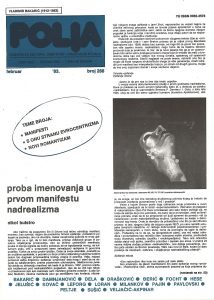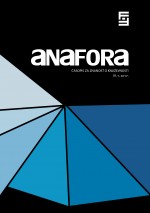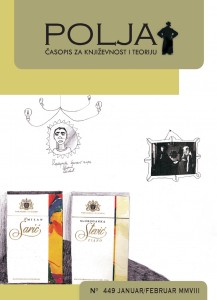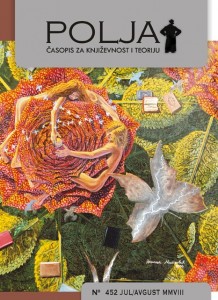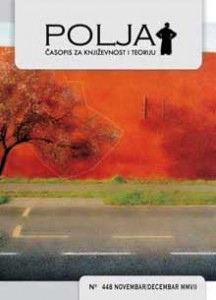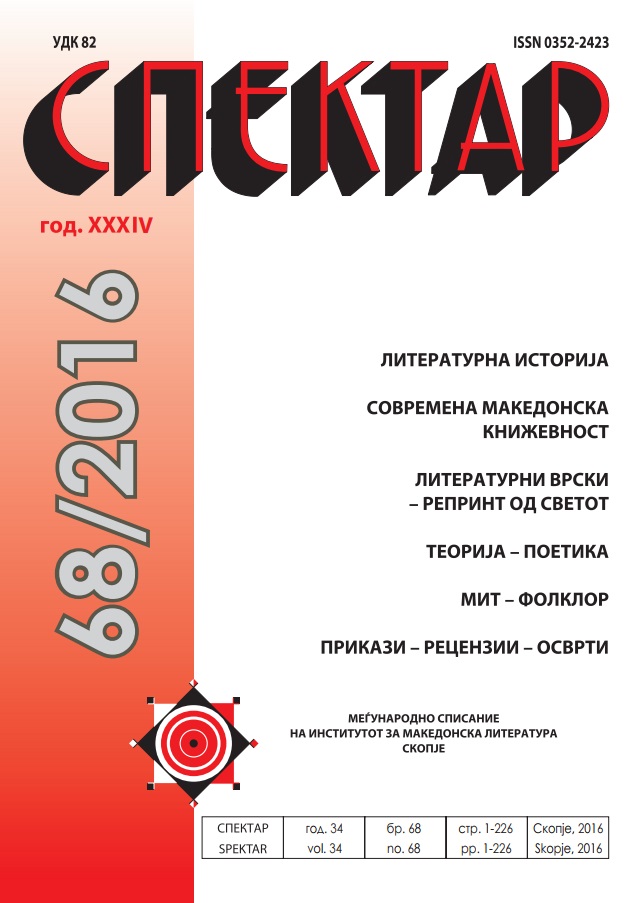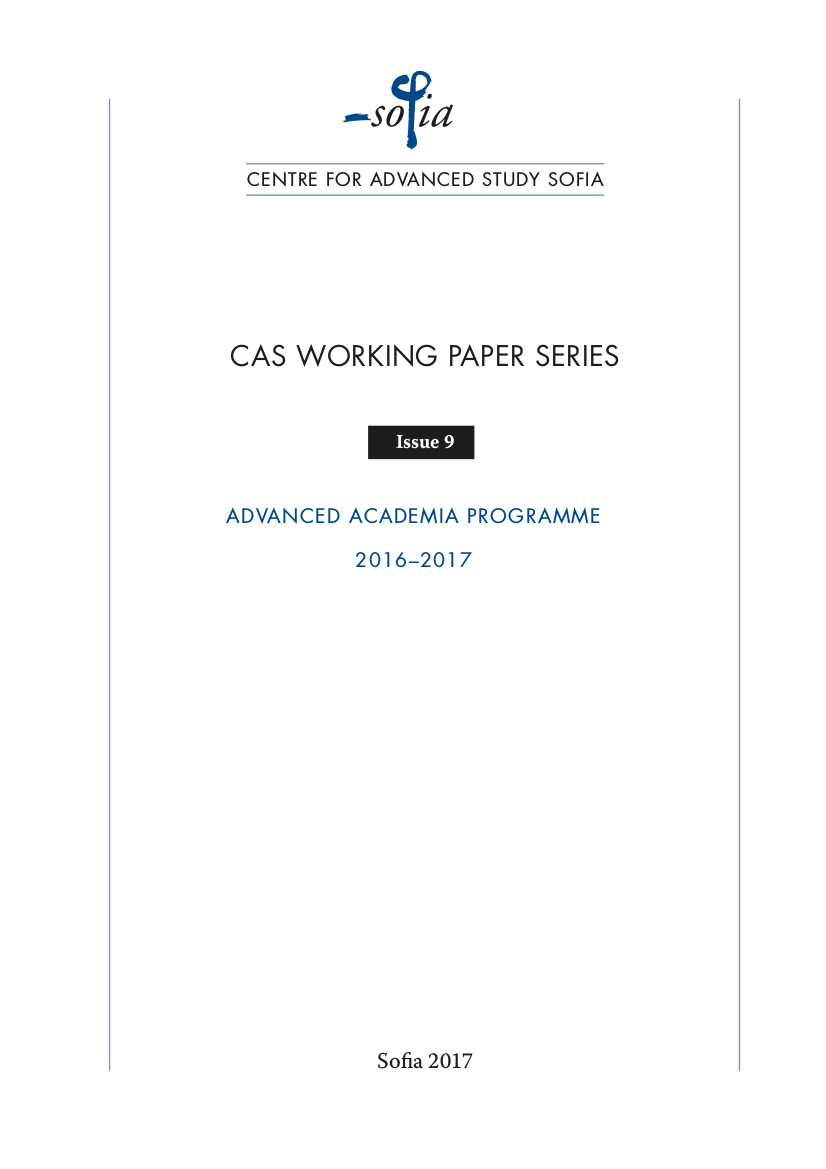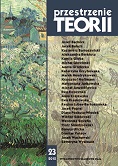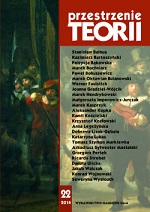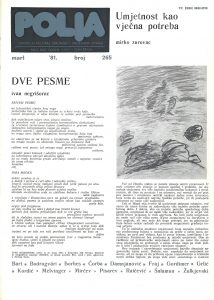
Predlozi za teoriju recepcije književnih dela
Svakodnevni način izražavanja identifikuje kritiku sa svojevrsnim i posebnim vidom književne delatnosti, koja se zasniva na formulisanju razrađenih — kao rezultat višestrane analize odabranog književnog dela — opravdanih ocena istog dela. Profesionalna kritika je relativno kasno počela pratiti već prilično dug istorijski razvoj književnosti, naime, tek na pragu novog veka, u kulturi kapitalističkih društava. Pri tom njen razvoj nije bio dugotrajan, jer su se kritičari već polovinom XX veka počeli interesovati ne samo za vrednosti dela i principe svojih ocenjivanja, već pre, a često isključivo, za preciznost svojih analiza i koherentnost svojih teoretskih pretpostavki. Sami su se počeli smatrati ekspertima za književnu analizu, a ne kritičarima.
More...
